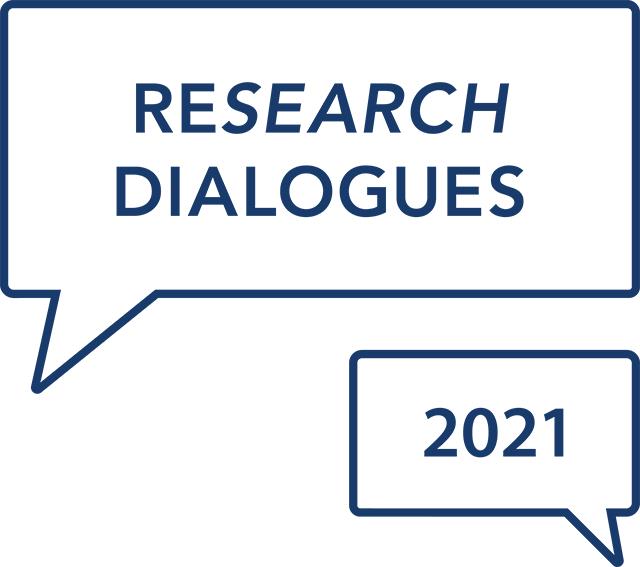Start Date
12-4-2021 10:00 AM
End Date
12-4-2021 10:00 AM
Publisher
University of Tennessee at Chattanooga
Place of Publication
Chattanooga (Tenn.)
Abstract
Police officers are often trained to use the Behavior Analysis Interview (BAI) to detect deceit, but it is based on faulty indicators of lying. The BAI may be especially problematic for juveniles due to behavioral, cognitive, and socioemotional immaturities. This study compares strategies used by juveniles, young adults, and adults to appear innocent during a BAI concerning a hypothetical crime. Results show that juveniles may not differentiate between the truthful and deceptive responses that police officers are trained to observe for as well as adults do, which could lead to officers misjudging juveniles as deceitful/guilty.
Date
4-12-2021
Document Type
posters
Language
English
Rights
http://rightsstatements.org/vocab/InC/1.0/
License
http://creativecommons.org/licenses/by/4.0/
Recommended Citation
Bettens, Talley and Warren, Amye, "How Juveniles and Adults Use Strategies to Appear Innocent in a Police Interview". ReSEARCH Dialogues Conference proceedings. https://scholar.utc.edu/research-dialogues/2021/posters/5.
How Juveniles and Adults Use Strategies to Appear Innocent in a Police Interview
Police officers are often trained to use the Behavior Analysis Interview (BAI) to detect deceit, but it is based on faulty indicators of lying. The BAI may be especially problematic for juveniles due to behavioral, cognitive, and socioemotional immaturities. This study compares strategies used by juveniles, young adults, and adults to appear innocent during a BAI concerning a hypothetical crime. Results show that juveniles may not differentiate between the truthful and deceptive responses that police officers are trained to observe for as well as adults do, which could lead to officers misjudging juveniles as deceitful/guilty.


